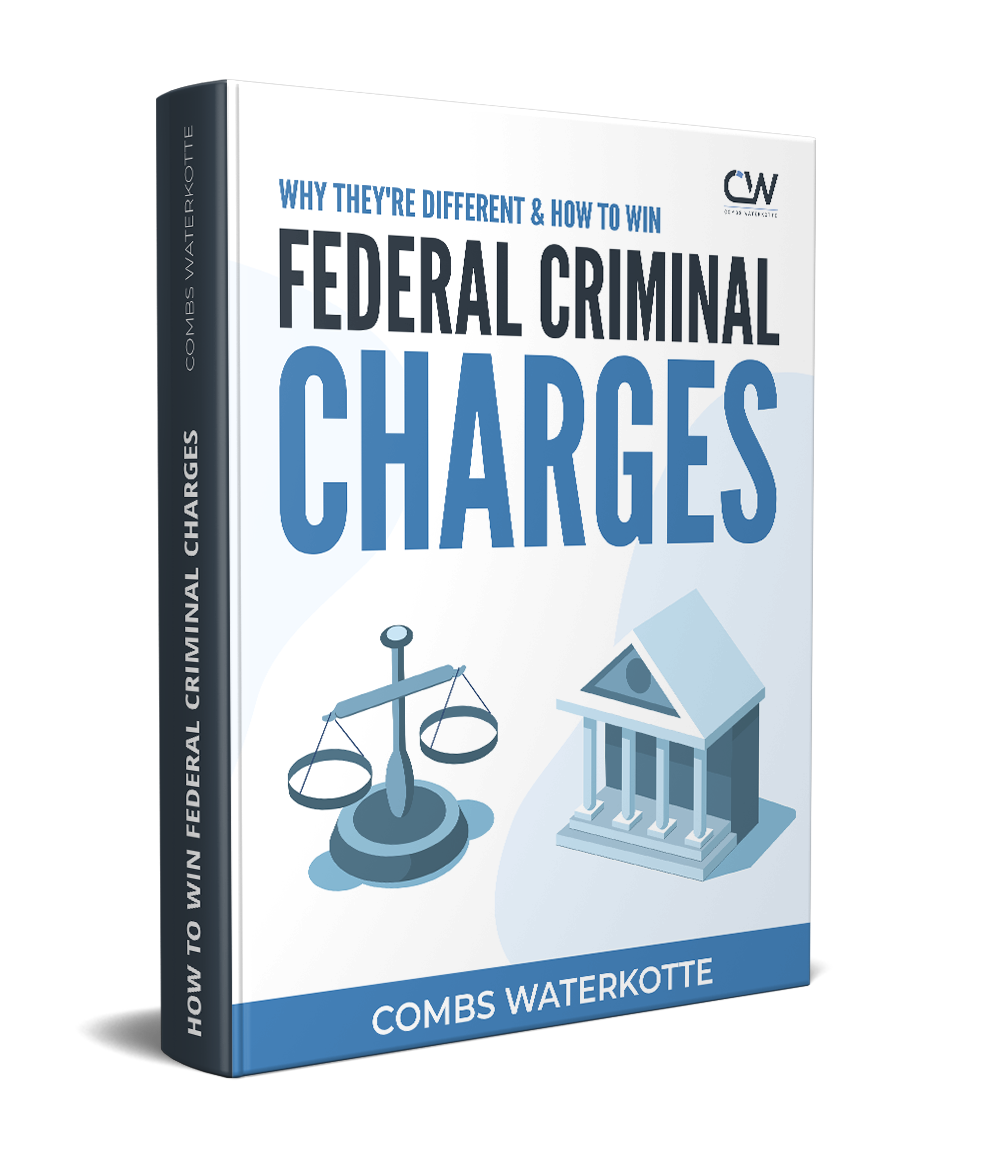When facing federal criminal charges, most people picture a dramatic trial—arguments in the courtroom, witnesses on the stand, and a verdict read to a tense audience—ala movies “To Kill a Mockingbird,” “A Few Good Men,” or even “My Cousin Vinny” (albeit, with a few more laughs). The truth is far different.
In the federal system, the majority of cases never make it to trial. Research suggests that only 2-3 percent of federal criminal cases actually make it to trial. Instead, they are resolved through negotiation, most often in the form of plea bargains.
A plea bargain isn’t just “making a deal”—it’s a carefully calculated strategic move that can significantly alter the outcome of your case. In the hands of a skilled federal criminal defense lawyer, negotiation can mean the difference between decades behind bars and a far more favorable resolution.
Why Plea Bargains are so Common in Federal Cases
Several factors make plea bargains a dominant feature in federal court:
- High Conviction Rates for the Prosecution
Federal prosecutors win the vast majority of their trials—over 90% by some estimates. This means the risk of losing at trial is extremely high, especially when the government’s case is well-supported by evidence collected during long, methodical investigations. - Mandatory Minimum Sentences
Many federal offenses carry strict mandatory minimum sentences. Negotiating to reduce the charges or secure a more favorable sentencing range can sometimes avoid these harsh outcomes entirely. - The Federal Sentencing Guidelines
Sentencing guidelines in federal court are complex and often rigid. A plea bargain can strategically position you for a lower sentencing range within these guidelines—or even outside them in some cases.
The Federal Plea Bargain Process
While each federal case is unique, plea negotiations in the federal system often follow a general structure:
Step 1: Evaluation of the Case
Your federal criminal defense attorney thoroughly analyzes the evidence, legal issues, and possible defenses. They also assess the strength of the government’s case and the potential penalties you face.
Step 2: Open or Informal Discussions
Initial talks with the prosecutor (often an Assistant U.S. Attorney) may be exploratory—feeling out whether there’s room for a resolution that serves both sides. Your federal defense lawyer works on your behalf, but you have the ultimate decision.
Step 3: Formal Offer
The prosecution may offer reduced charges, dismissal of certain counts, or a recommendation for a lighter sentence in exchange for a guilty plea.
Step 4: Counteroffers & Negotiation
Your federal criminal defense attorney may propose adjustments to the plea terms—sometimes pushing for sentencing concessions, lesser charges, or the inclusion/exclusion of specific facts in the plea agreement.
Step 5: Plea Agreement & Court Approval
Once a deal is reached, it must be presented to and approved by a federal judge. The judge will ensure the plea is voluntary and that you understand the consequences.
Pros & Cons of a Plea Bargain in Federal Cases
Advantages of plea bargains:
- Reduced charges or counts
- Potentially shorter sentence
- Avoidance of trial risks and costs
- Greater certainty about the outcome
The disadvantages:
- Accepting a criminal conviction
- Waiving your right to a trial
- Possible immigration or professional licensing consequences
Why Skilled Negotiation Matters in Federal Cases
In federal cases, the prosecution has immense resources—investigators, analysts, expert witnesses, and powerful laws in their favor. Without an experienced federal criminal defense attorney who knows how to leverage weaknesses in the government’s case and navigate the sentencing guidelines, you risk walking into a plea deal that benefits the prosecution far more than you.
A skilled federal criminal defense lawyer will:
- Present mitigating factors about your life and conduct
- Highlight evidentiary flaws to gain leverage
- Explore cooperation or proffer agreements when appropriate
- Ensure the plea terms set you up for the most lenient sentencing possible
Key Takeaway: In federal criminal cases, negotiation isn’t a sign of weakness—it’s a strategic weapon. With conviction rates high and sentencing laws unforgiving, a well-crafted plea bargain can mean the difference between decades in prison and a manageable outcome. The key is having an experienced federal criminal defense attorney who knows how to turn the government’s strengths into leverage.
Negotiation & Plea Bargains for Your Federal Case
While some cases must go to trial to achieve justice, the reality of the federal system is that negotiation is often the most strategic path. The right federal criminal defense lawyer will treat a plea bargain as a tactical move, not a surrender, ensuring you emerge from the process with the least damage possible to your freedom, your record, and your future.
In the next chapter, we’ll break down The Federal Sentencing Guidelines—how they work, why they matter, and how a good federal defense attorney can use them to your advantage.



